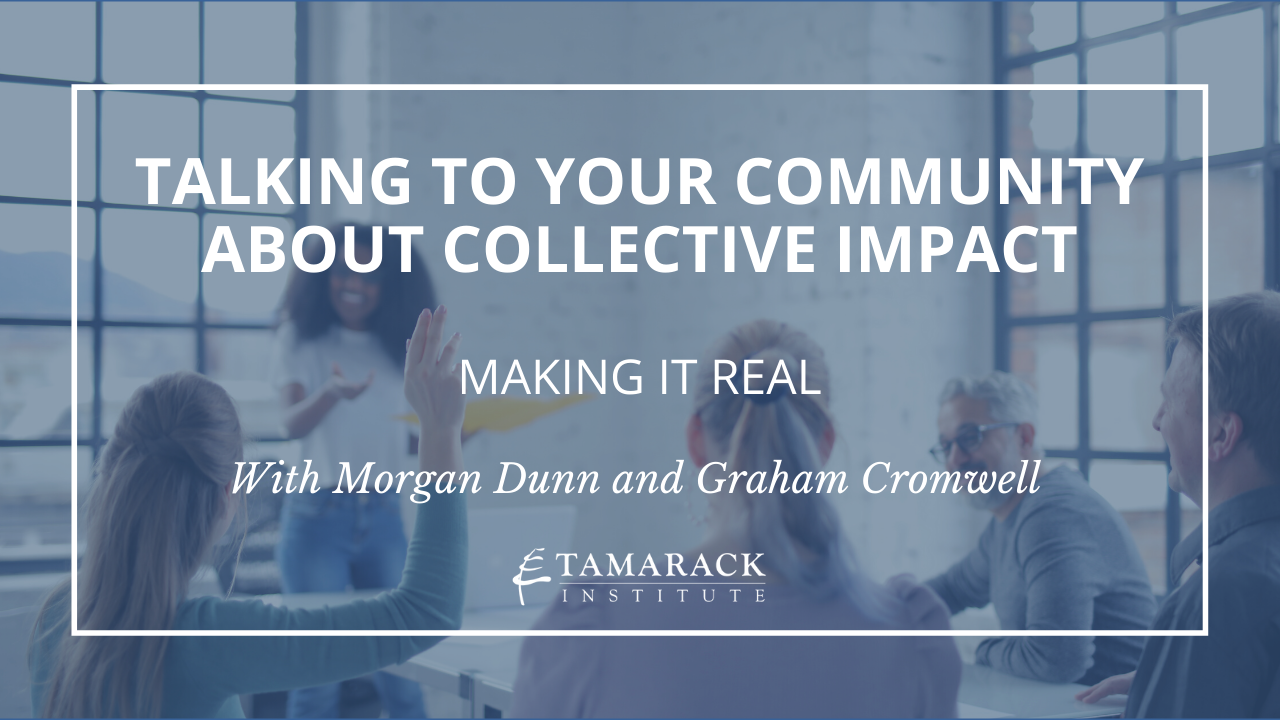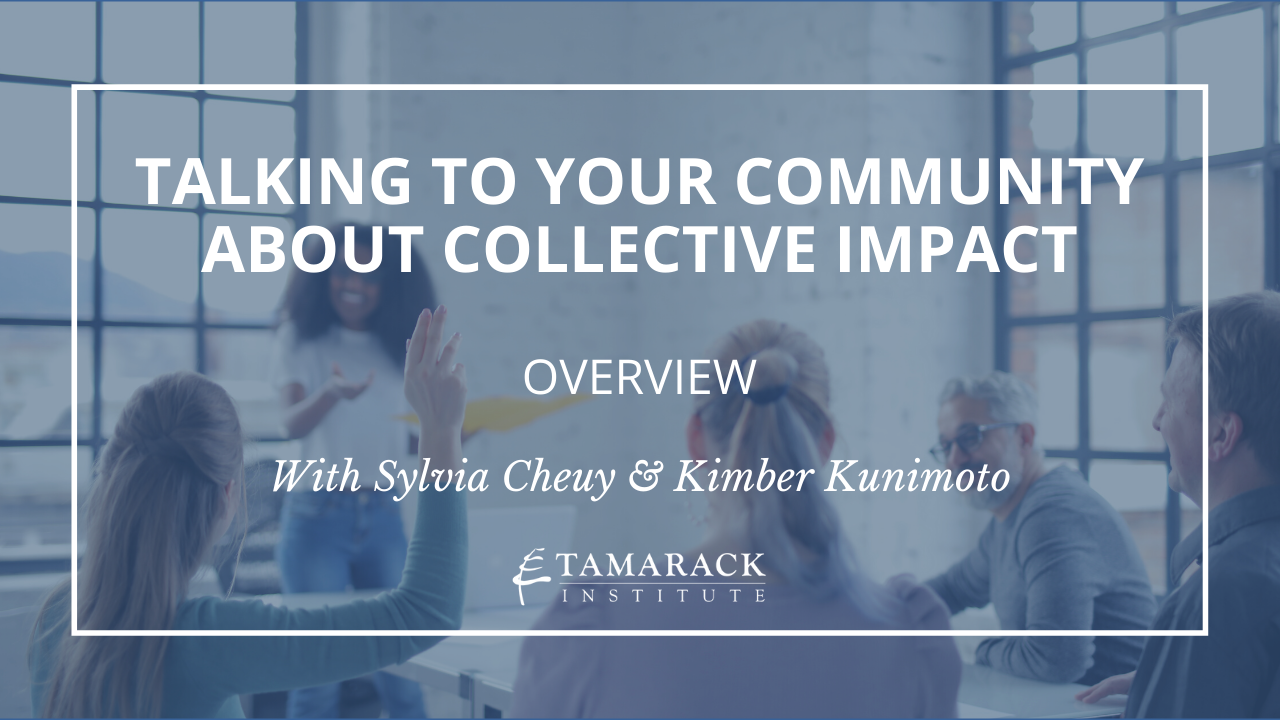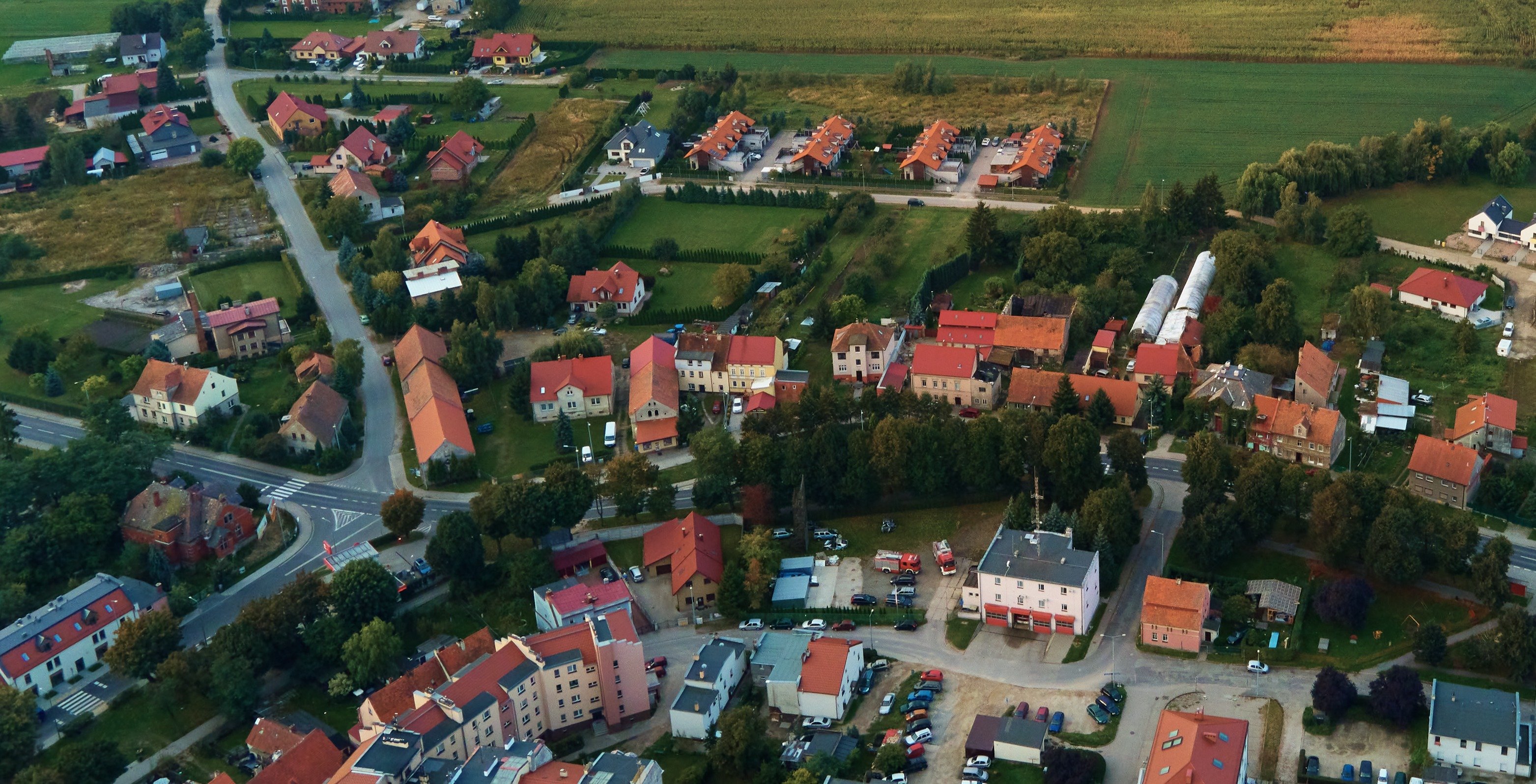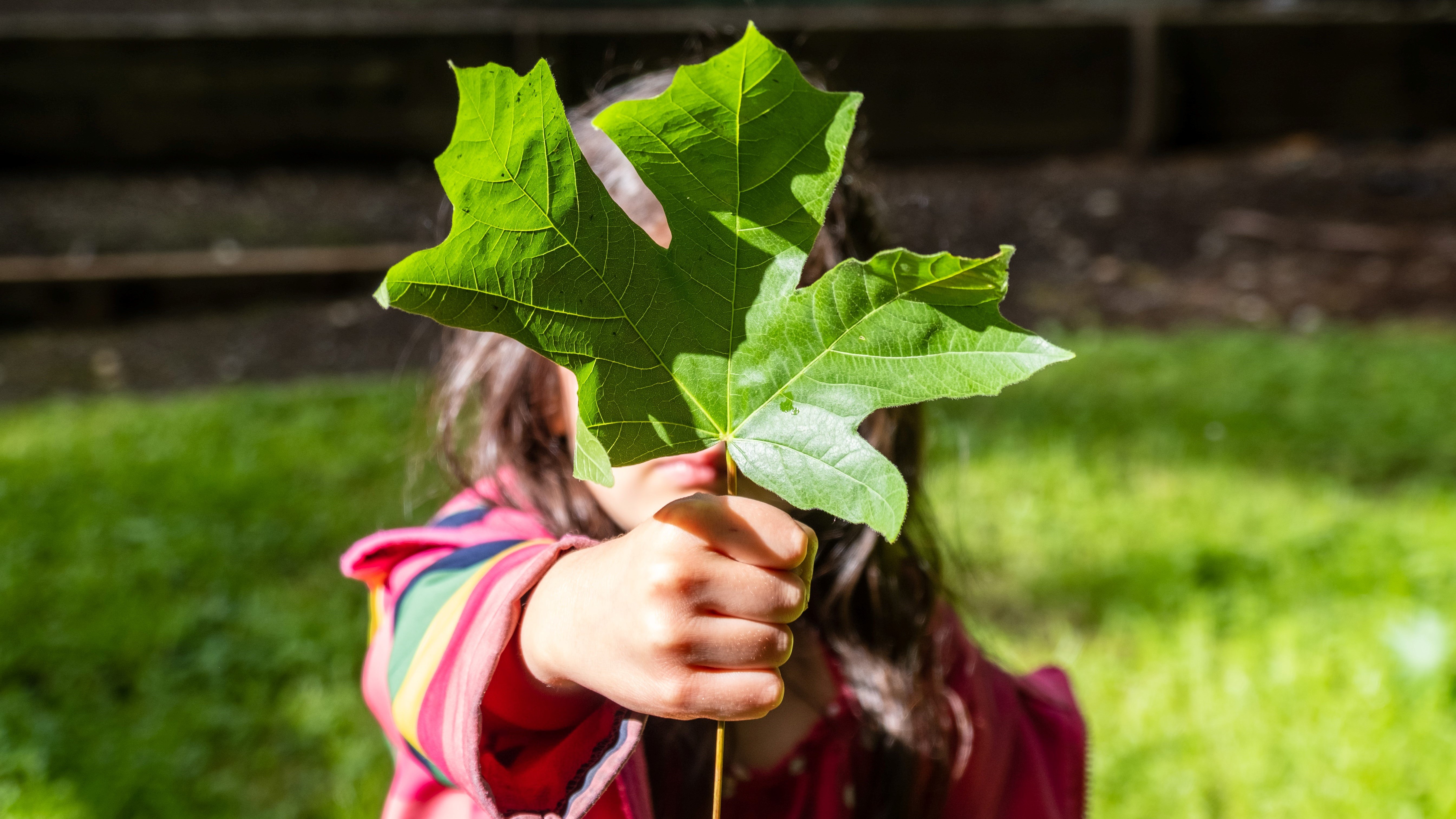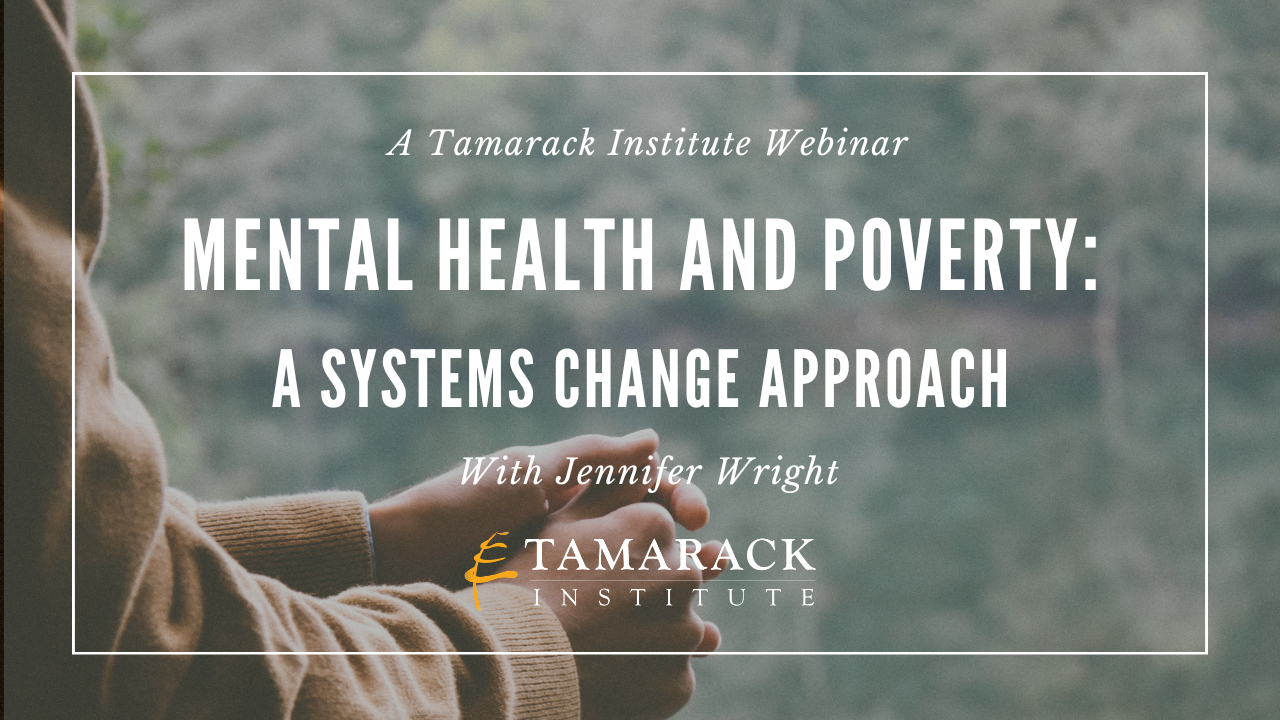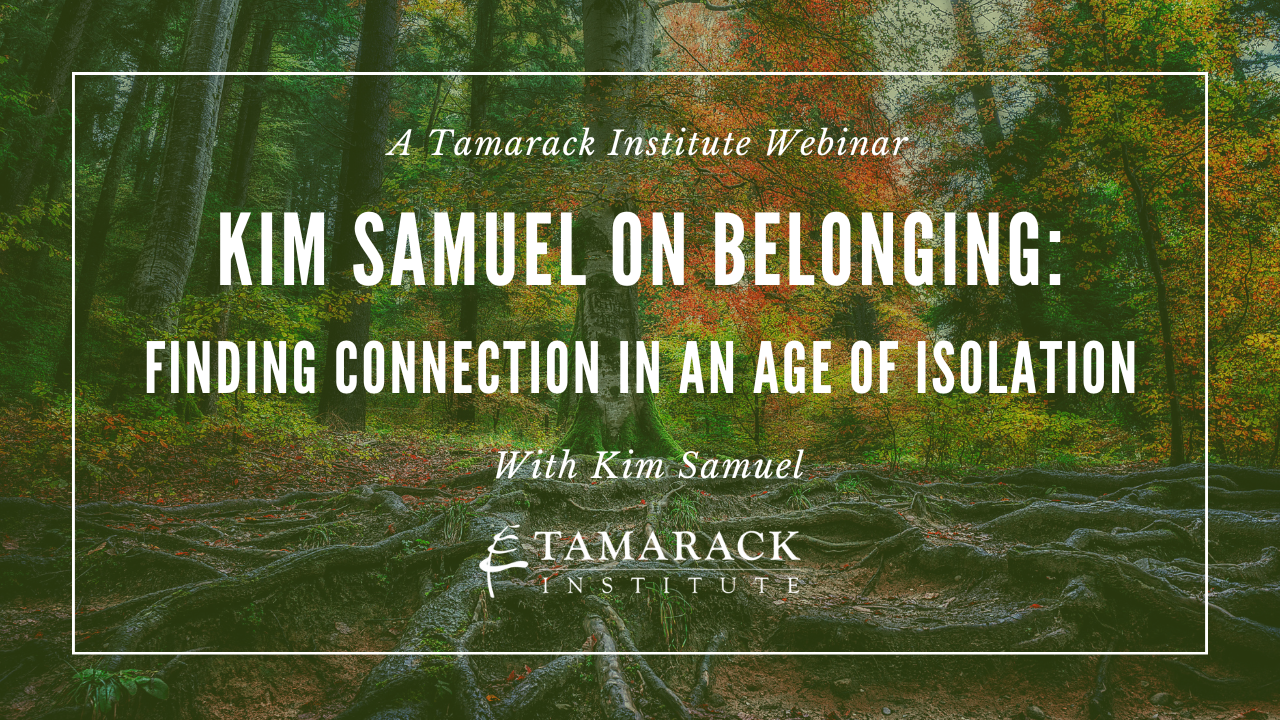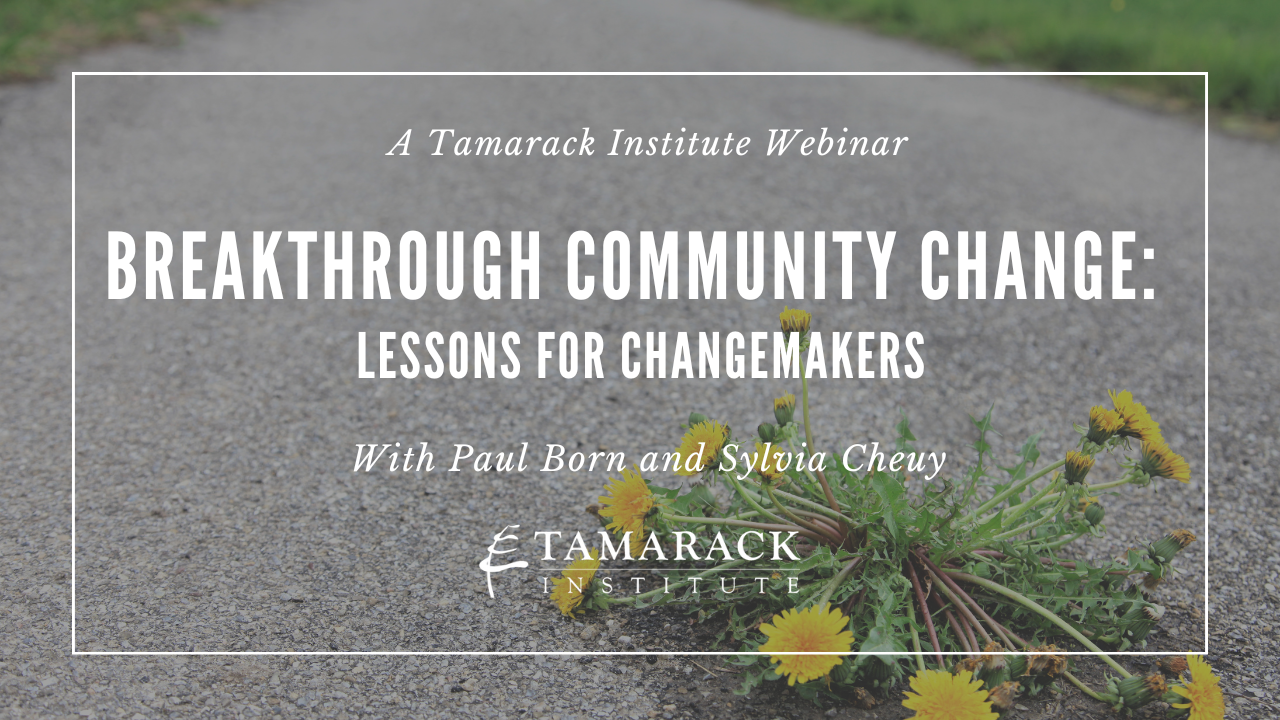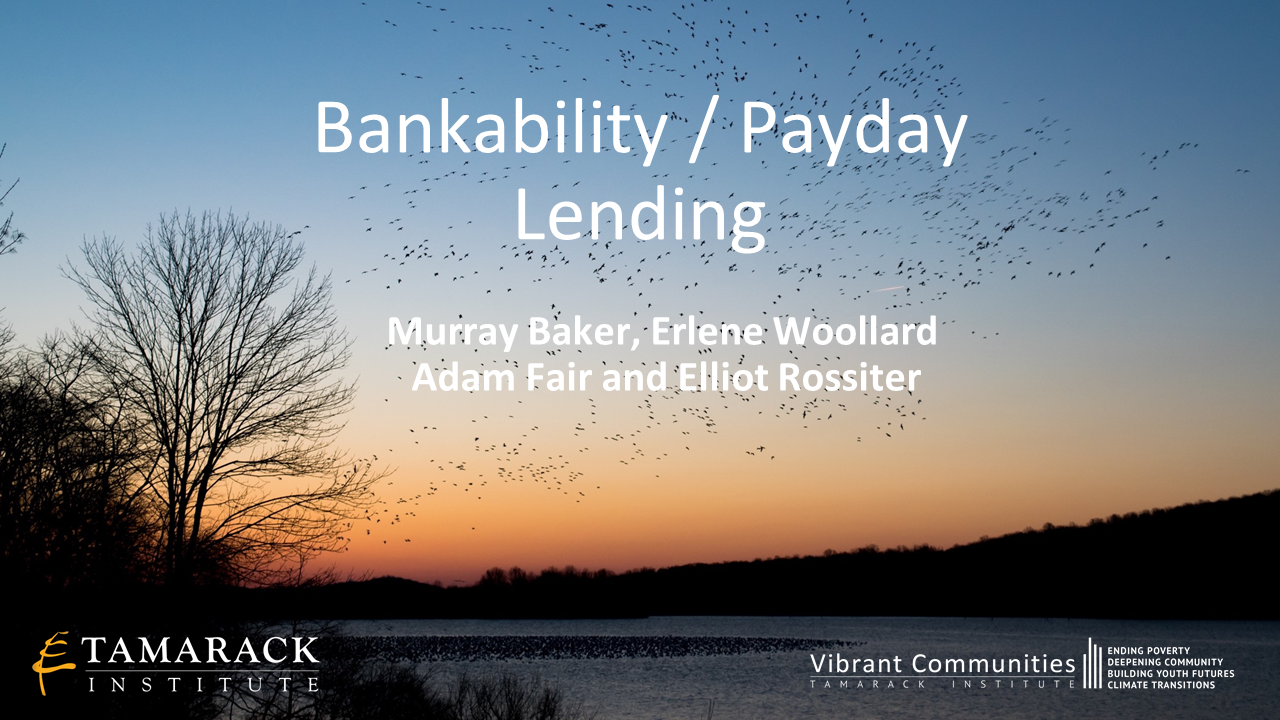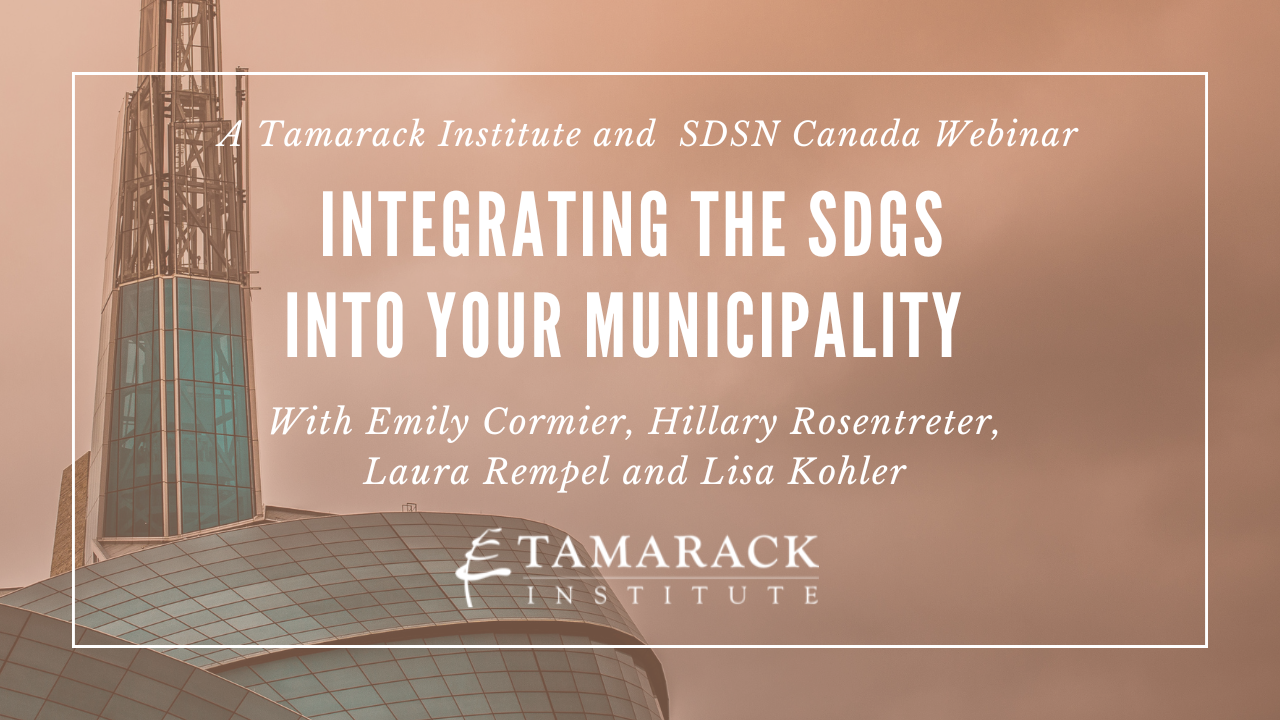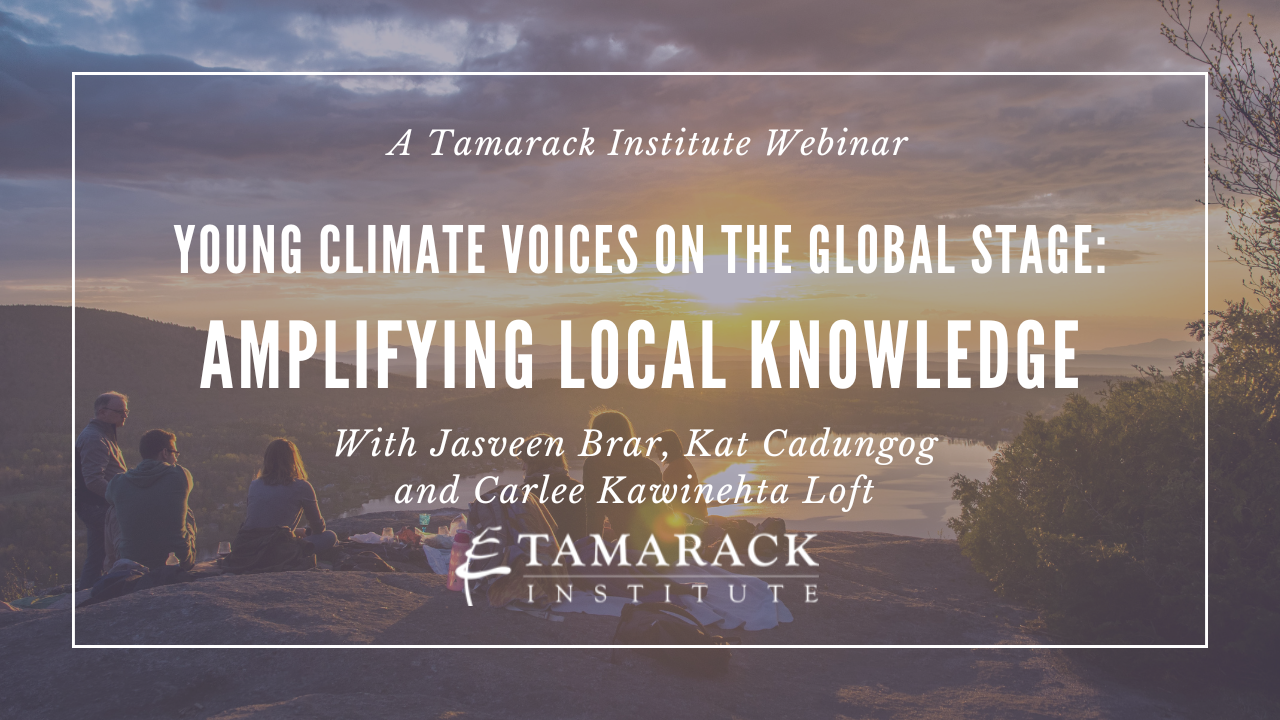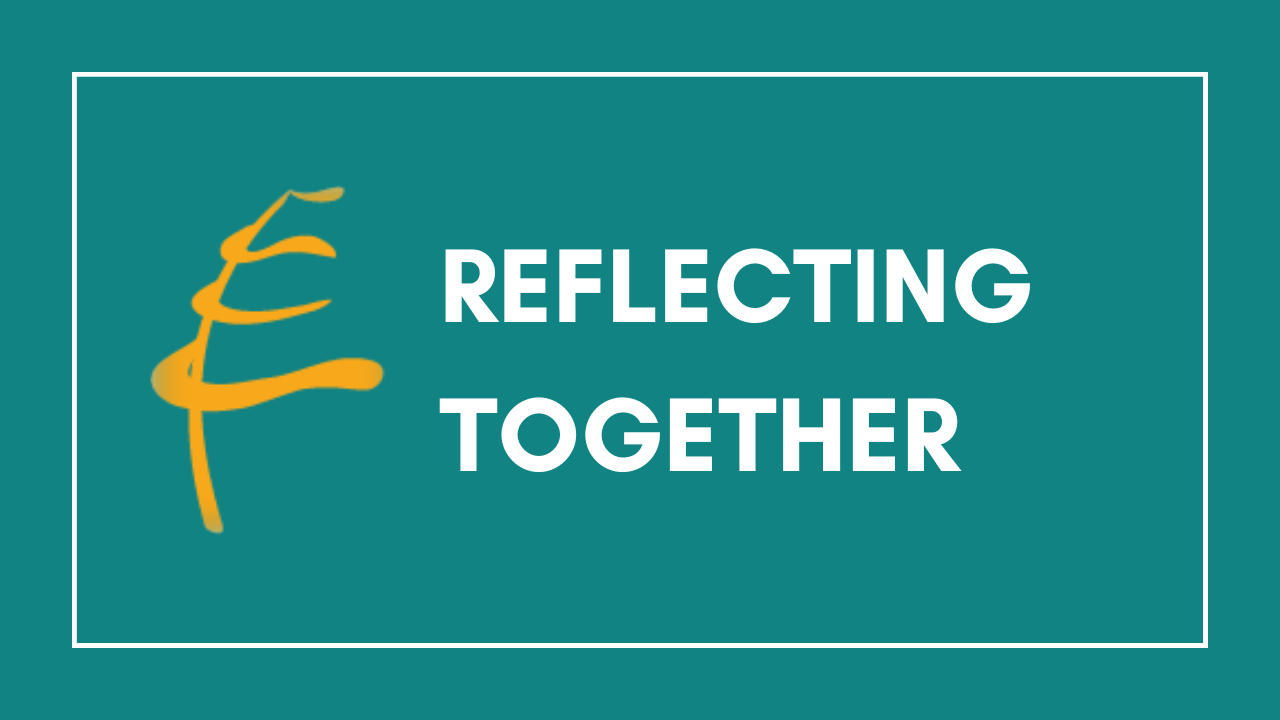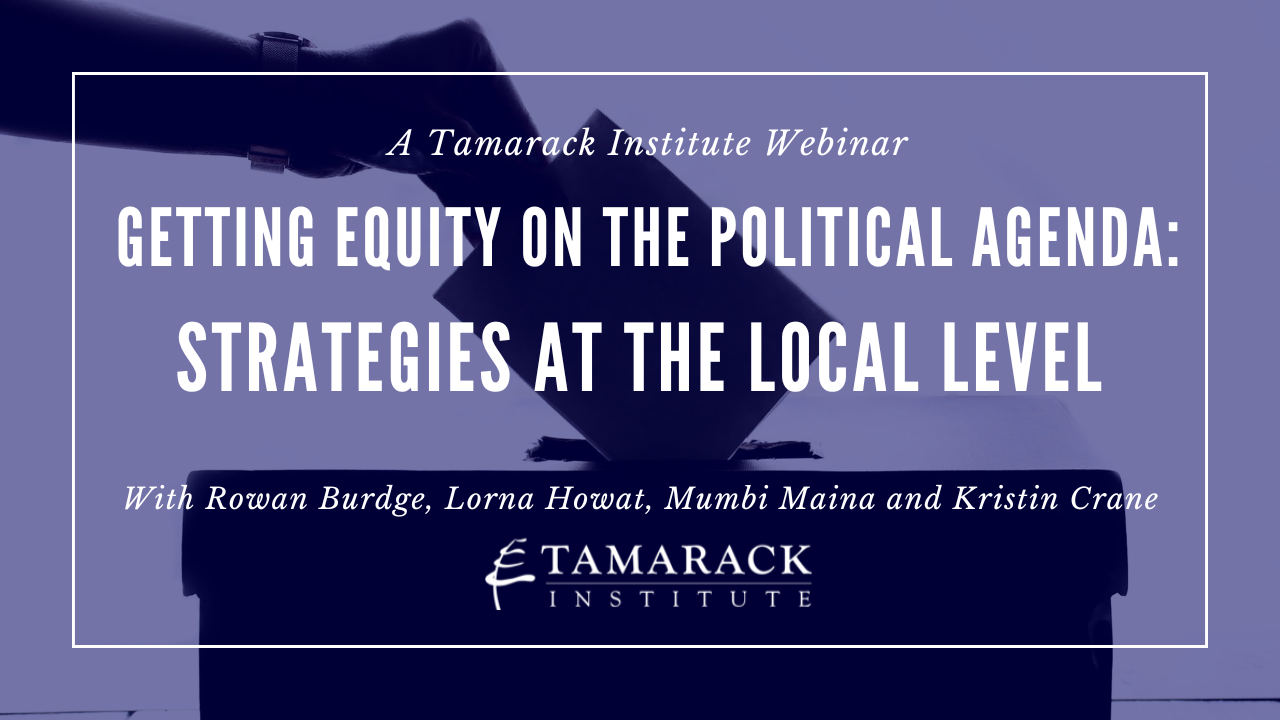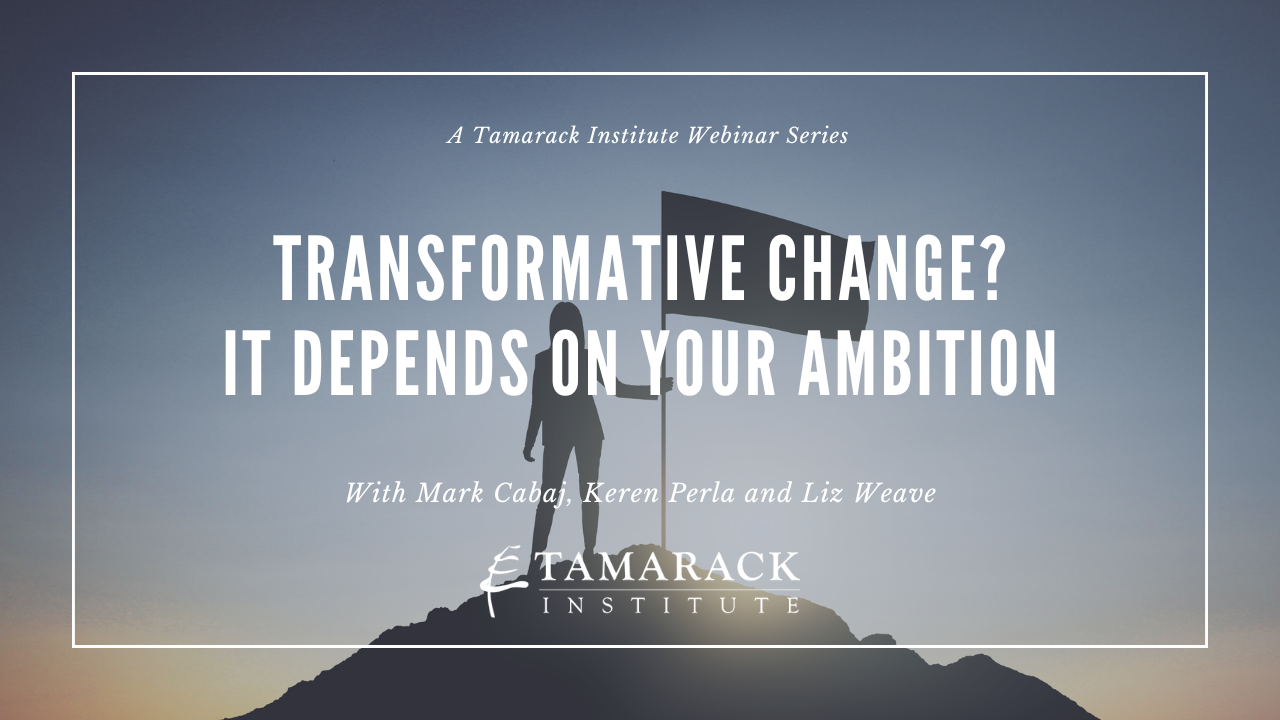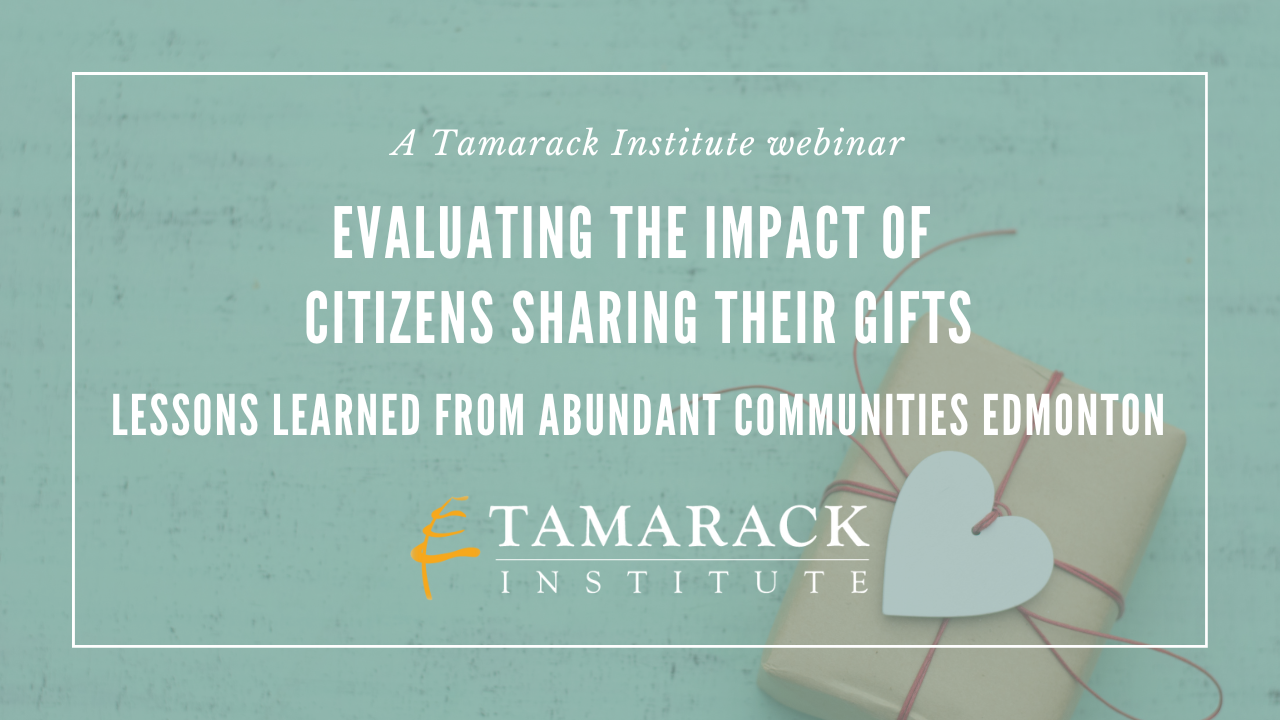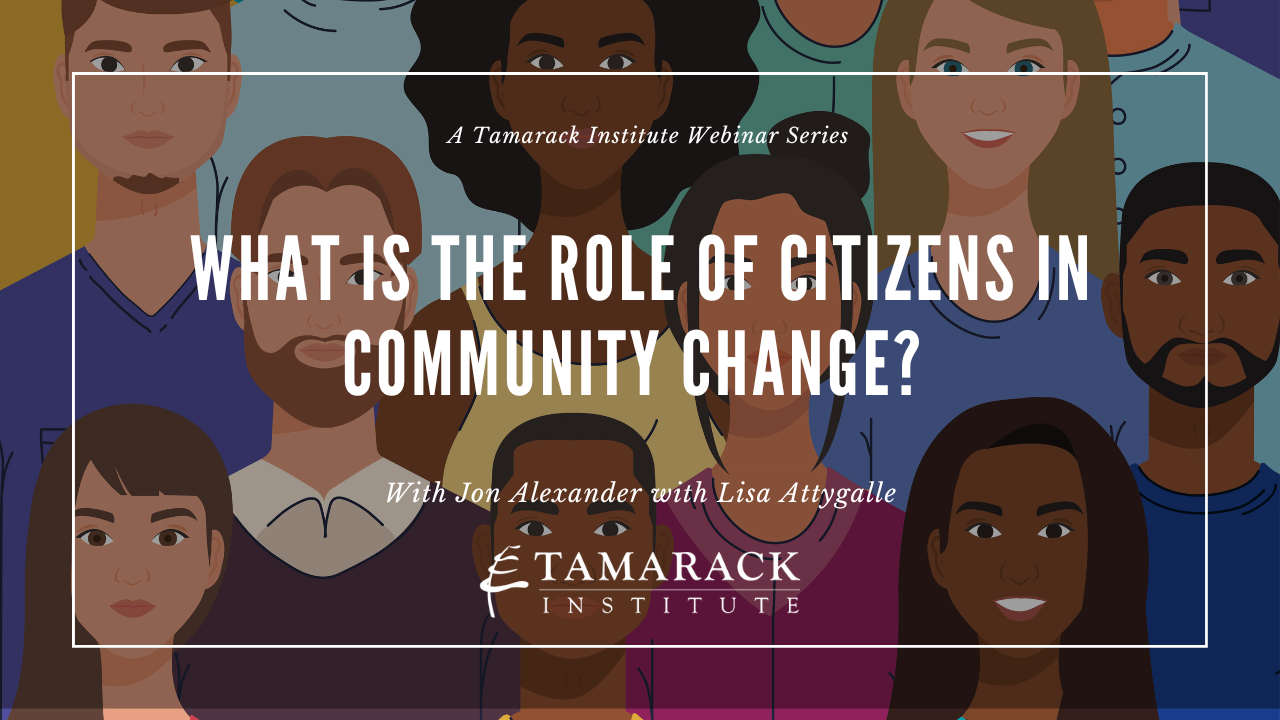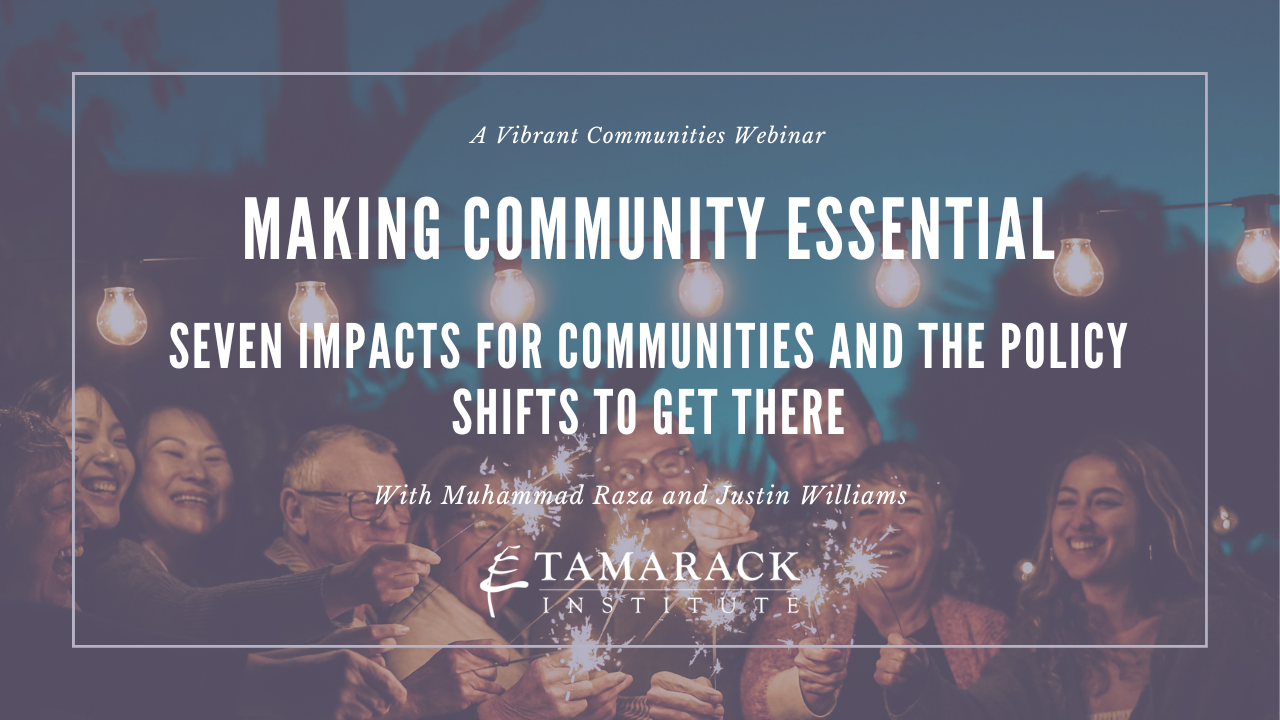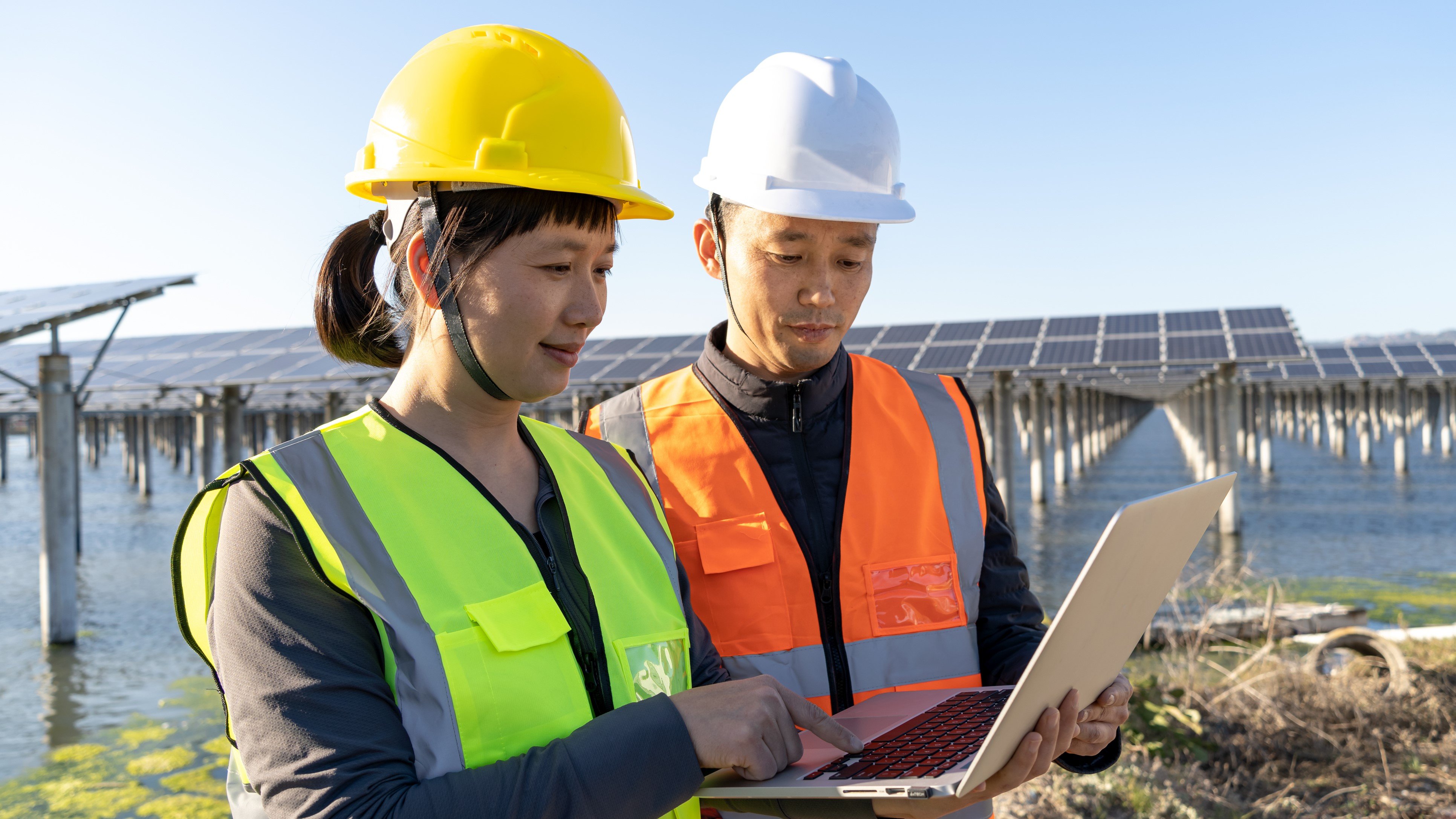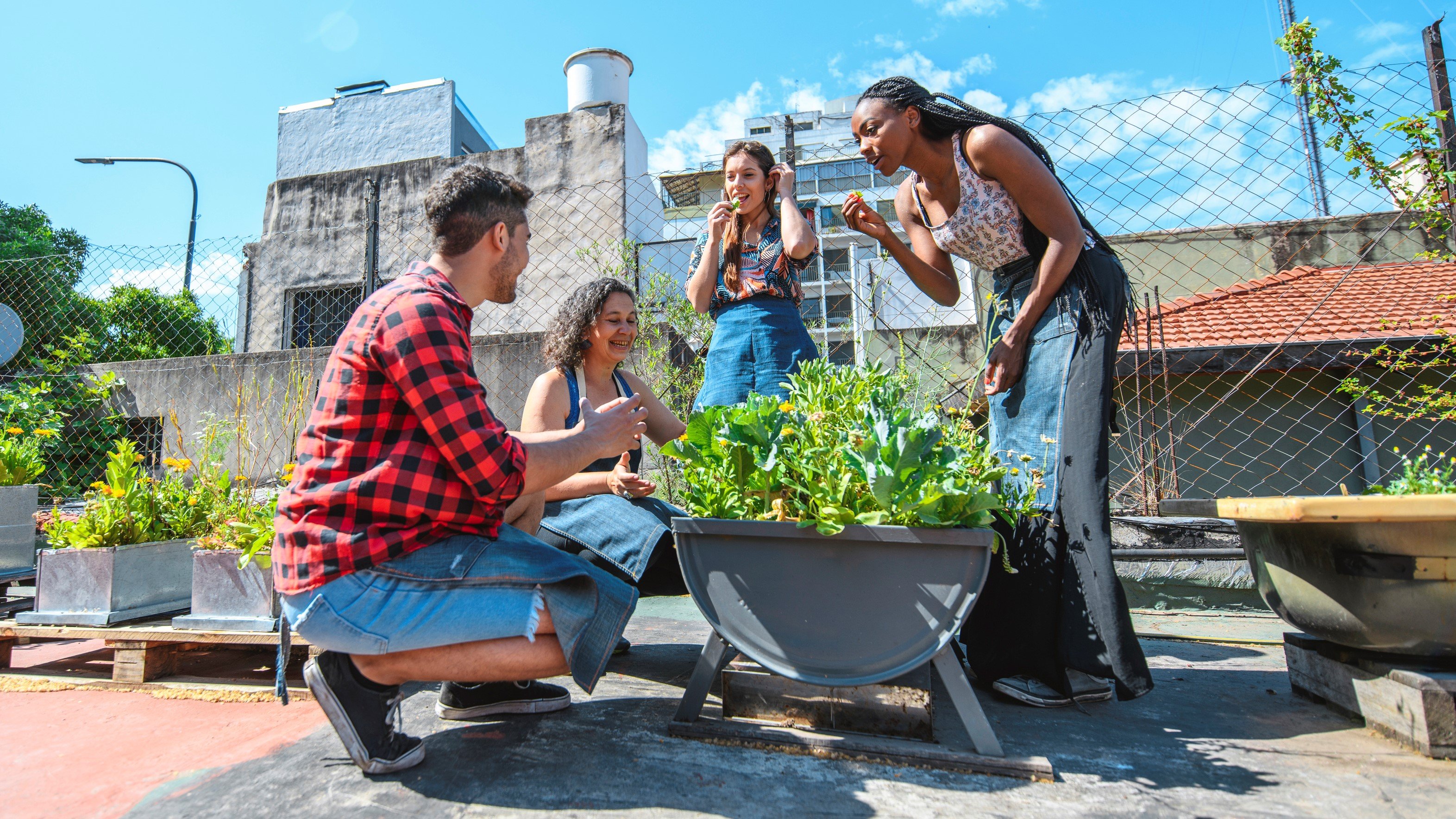Tahsis, BC saves residents money and reduces carbon emissions
This blog post was co-authored by Sarah Fowler, Natasha Pei, and Kieran Maingot
Tahsis is a remote village on the west coast of Vancouver Island, the traditional territory of the Mowachaht/Muchalaht First Nation. While the community doesn’t have the public infrastructure nor conveniences of larger towns, their community ingenuity and care are the foundations on which they have been able to address interconnected local challenges like food insecurity and climate change.
The Good Food Box Program
In 2023, the Tahsis community restored its Good Food Box program and completed one year of service. The program served between 7 and 30 households bi-weekly in a remote village of 400 people, helping residents reduce their carbon emissions and increase access to fresh, affordable food. Food insecurity in the Village of Tahsis is due in large part to its geography; located 63km down a gravel road where food distributors cannot travel, the closest grocery store for residents is in neighbouring Campbell River, which is 160km away.
The Good Food Box program is a produce bulk buying program. Rather than each resident driving to the nearest grocery store on their own, one person takes everyone’s orders and makes the drive to a closer community – Gold River – which acts as a Hub for volunteers to distribute all the Good Food Boxes for the small communities on Vancouver Island’s west coast of Strathcona Region. Good Food Boxes are brought back to Tahsis and are either delivered or picked up by residents at the community centre.
Carbon Dioxide Savings
According to calculations done by the program, Good Food Boxes save an estimated 65,920 g of carbon dioxide (CO2) per person per trip to the grocery store. In total, it is estimated that for residents who would otherwise drive to the grocery store on their own, the 21 deliveries made by the Program in 2023 would have saved approximately 119,535.36 kg CO2. As of 2020, if Canada’s emissions were equally divided amongst our population, each Canadian would emit 17.8 tons of CO2 a year, meaning the Good Food Boxes deliveries would have reduced CO2 emissions equivalent to the annual emissions of over 7 Canadians.* The program also amounted to collective savings of $7,769.80 in gas, or $740 per participant for 2023.
Reducing Food Affordability Challenges
The program is also reducing food affordability challenges, as Tahsis has a median after-tax income well-below the Canadian average ($40,400 in Tahsis compared to $68,400 for Canada), a high unemployment rate (35.7% in Tahsis compared to 6% for Canada), and one-third of all residents are seniors 65 years and older. Without the Good Food Box, program staff estimate that the 60% of participants receiving Food Box subsidies (income less than $52,000 per year) would not be able to access fresh produce at all, unless from friends, family or neighbours. The Good Food Box program is an example of multisolving in action.
The Key to Success
Key to success was strengthening collaboration, which is very important in a small, rural community like Tahsis where there are few financial and public resources. They have also collaborated with the Greenways Land Trust, United Way and several communities in the Strathcona Region to expand the Good Food Box to other areas.
Their primary goal is to build capacity in the community for the initiative to be run as a shared whole-of-community effort, so that it is sustainable and can continue helping Tahsis residents be food secure and reduce their carbon footprint.
* This comparison was made to show the scale of reductions. Keep in mind most emissions that go into such per-capita emissions calculations are the result of actions by big business, resource extraction, and energy production and are not individual responsibility.
LIMITATIONS: This calculation does not account for residents carpooling with neighbours to the grocery store, making the same trip anyways for dairy/meat which is not included in the box, nor picking up groceries while in Campbell River already for other reasons. This calculation also assumes people who can pay full price for a good food box are also able to drive a car into Campbell River (e.g., they have the time, mobility/vision, and are not financially constrained, etc.).



